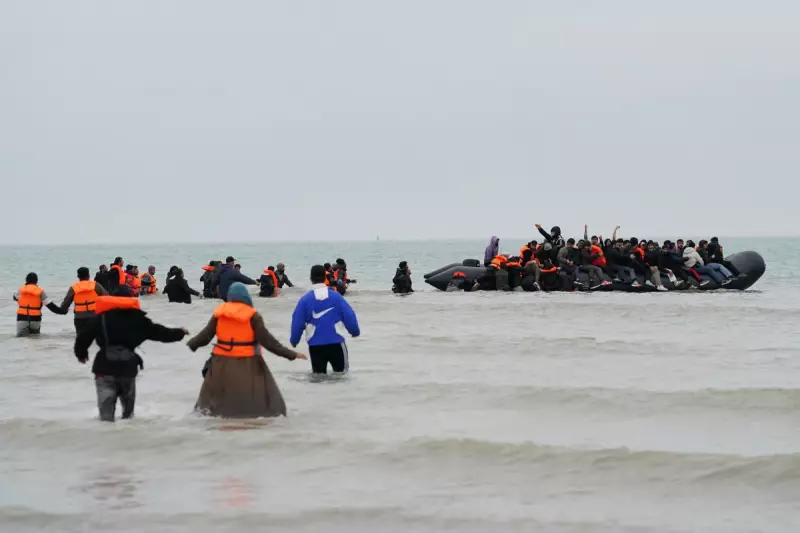
Labour's Shadow Justice Secretary Shabana Mahmood has delivered a stark assessment of Anglo-French cooperation on the migrant crisis, accusing French authorities of effectively 'passing the parcel' on the issue of small boat crossings.
In revealing comments that highlight the diplomatic challenges awaiting a potential Labour government, Mahmood expressed significant frustration with the current state of affairs. 'We are not seeing the levels of cooperation that we need,' the senior Labour MP stated, pointing to the persistent flow of vessels making the dangerous journey across the English Channel.
Diplomatic Tensions Surface
The Birmingham Ladywood MP's remarks follow Labour leader Keir Starmer's recent confirmation that he would be willing to negotiate a returns agreement with the European Union, potentially accepting a quota of migrants from the bloc in exchange for the ability to send back those who arrive illegally.
Mahmood's unusually frank criticism suggests growing impatience within Labour ranks about the effectiveness of current cooperation with French forces. 'We need the French to do more than they are currently doing,' she emphasised, indicating that border security would represent an 'immediate priority' for an incoming Labour administration.
Border Security Strategy Takes Shape
Labour is preparing to unveil a comprehensive border security command centre as part of its strategy to tackle the small boats crisis. The plan involves establishing a new cross-border policing unit that would collaborate more effectively with European partners.
Martin Hewitt, former chair of the National Police Chiefs' Council, has been appointed to lead the development of this new approach. The initiative aims to disrupt people smuggling networks more aggressively while addressing what Labour describes as the 'broken asylum system'.
With the Conservative government's Rwanda deportation plan stalled by legal challenges and parliamentary opposition, Labour is positioning its alternative approach as both more practical and more likely to secure international cooperation.





